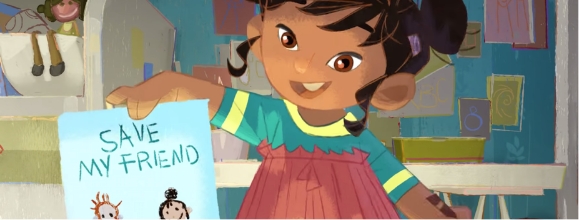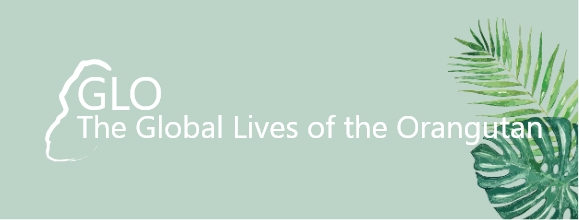Blog
GLO featured on the Arch and Anth Podcast
I recently had the pleasure of chatting with Dr Michael Rivera for his Arch and Anth […]
Why do people adopt orangutans?
‘Well, first of all, the word adoption. It felt like … I mean, I know he’s […]
GLO at the Anthropology and Geography: Dialogues Past, Present and Future conference (4-7 June 2020)
The GLO team will be convening two panels at the forthcoming Royal Anthropological Institute/Royal Geographical […]
Decolonizing Extinction: a review and author’s response
August 2018 saw the publication of one of the very few full-length ethnographic accounts of one […]

Iceland advert: conservation is intensely political, let’s not pretend otherwise – an article by Dr Liana Chua in ‘The Conversation’
Dr Liana Chua’s article for ‘The Conversation’ in response to the recent Iceland advertisement: https://theconversation.com/iceland-advert-conservation-is-intensely-political-lets-not-pretend-otherwise-106868

Navigating the Anthropocene in the classroom
Increasing attention is being drawn to the Anthropocene’s ‘two lives’ (Moore 2016): the first as a […]

